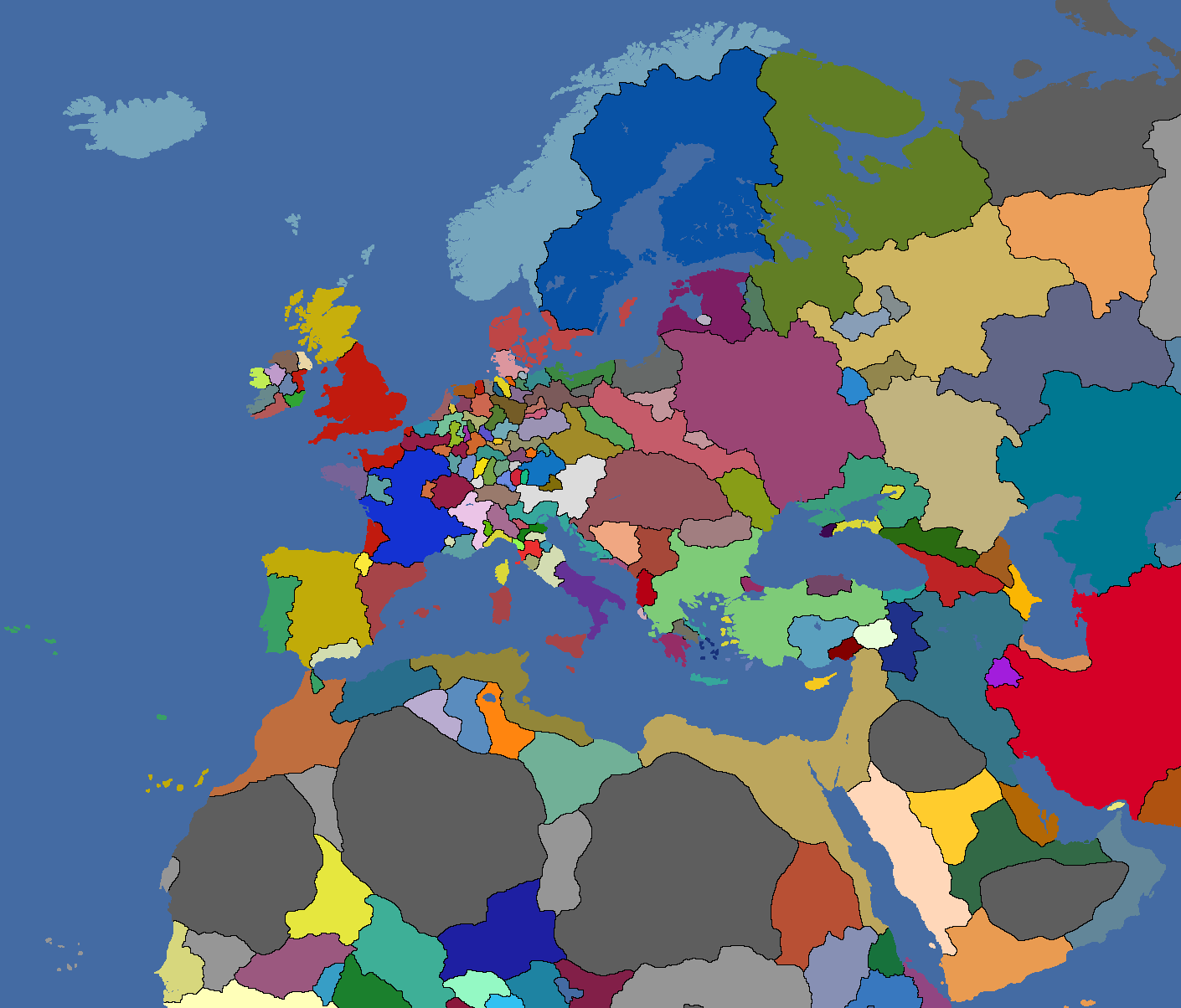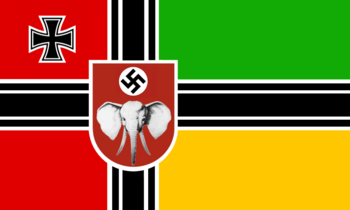
In the end, Rassam himself was made a prisoner, and one of the missionaries dispatched with the news and Tewodros' latest demands in June 1866. Rassam, writing in his memoirs of the incident, is more direct: "I date the change in the King's conduct towards me, and the misfortunes which eventually befell the members of the Mission and the old captives, from this day." Meanwhile, Emperor Tewodros' behavior was becoming increasingly erratic, his actions included acts of friendship towards Rassam, paranoid accusations, and sudden violence upon whoever happened to be around him. At the least Beke's actions only made Tewodros suspicious. Beke, arrived at Massawa, and forwarded letters from the hostages' families to Tewodros asking for their release.


At first, it looked as if Rassam might succeed in the release of the hostages: the Emperor showed him great favour, establishing him at Qorata, a village on the south-eastern shores of Lake Tana, and sending him numerous gifts, and having Cameron, Stern, and the other hostages sent to his encampment. The British government sent Hormuzd Rassam, an ethnic Assyrian Christian, to negotiate a solution to this crisis, but "security in Tigre, the King's indecisiveness, and continuing confusion about the envoy's instructions" delayed Rassam's arrival at Tewodros' camp until January 1866. Shortly afterwards, Tewodros ordered most of the Europeans in the royal camp put into chains. The British consul Charles Duncan Cameron, along with the Abuna Salama and the group of missionaries based at Gafat, all interceded for the release of the imprisoned pair, and for a while it appeared that their efforts might succeed but on 2 January 1864 Cameron was seized along with his staff, and all put in chains. At the time Tewodros was insisting on the truth of his descent from the Solomonic dynasty, and Tewodros expressed his rage in many ways, including having Stern's servants beaten to death, and Stern, together with his assistant, a Mr Rosenthal, were "chained, severely treated, and the latter thrashed on several occasions." Stern had also mentioned the Emperor's humble origins in a book he had published although the reference was not intended to be insulting ("the eventful and romantic history of the man, who, from a poor boy, in a reed-built convent became.the conqueror of numerous provinces, and the Sovereign of a great and extensive realm" ) it proved to be a dangerous mistake. However, the first European to cross his path after this lack of a response happened to be Henry Stern, a British missionary. The French government responded with demands on behalf of a Lazarist mission in Hamasien, at the edge of Tewodros' realm they were the only country known to have responded. Tewodros sent letters to Russia, Prussia, Austria, France and Britain. He proposed to send embassies with the ultimate objective of obtaining military alliances and agreements for technical progress." Success might stabilize the internal situation defeat would pull out the last prop. As Donald Crummey recounts, "Now came the definitive attempt, at the turning point of the Emperor's career.

As a final attempt to recover his standing, Tewodros wrote to the major powers for help. He was engaged in constant military campaigns against a wide array of rebels. Marcus described the action as "one of the most expensive affairs of honour in history." Ī cartoon by John Tenniel in Punch (10 August 1867), showing Britannia threatening King Theodoreīy October 1862 Emperor Tewodros' position as ruler had become precarious: much of Ethiopia was in revolt against him, except for a small area stretching from Lake Tana east to his fortress at Magdala. The punitive expedition launched by the British in response required the transportation of a sizable military force hundreds of miles across mountainous terrain lacking any road system. Emperor Tewodros II of Ethiopia, also known as "Theodore," imprisoned several missionaries and two representatives of the British government in an attempt to get the attention of the British government, which had been ignoring his requests for military assistance. The British Expedition to Abyssinia was a rescue mission and punitive expedition carried out in 1868 by the armed forces of the British Empire against the Ethiopian Empire. British victory at the Battle of Magdala, Theodore II commits suicide


 0 kommentar(er)
0 kommentar(er)
